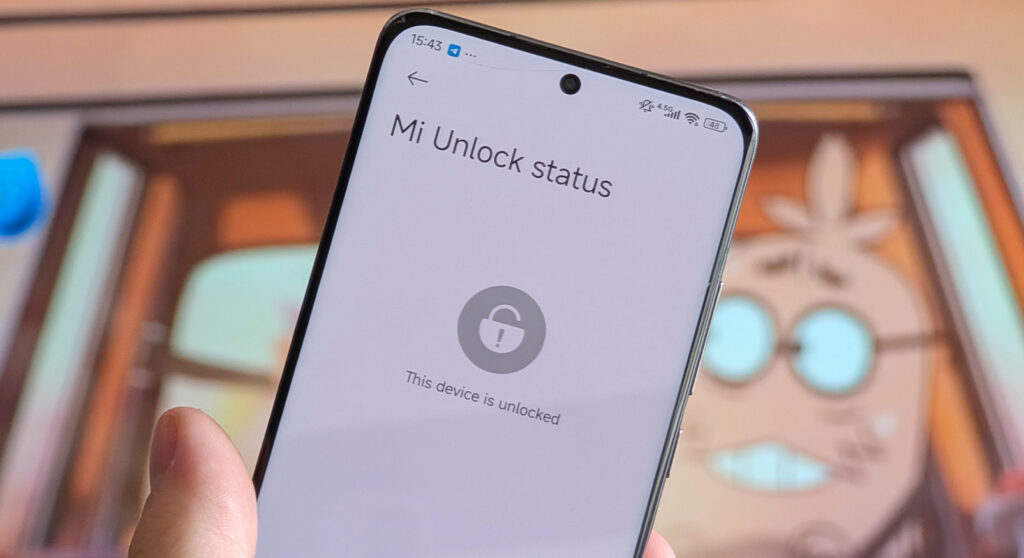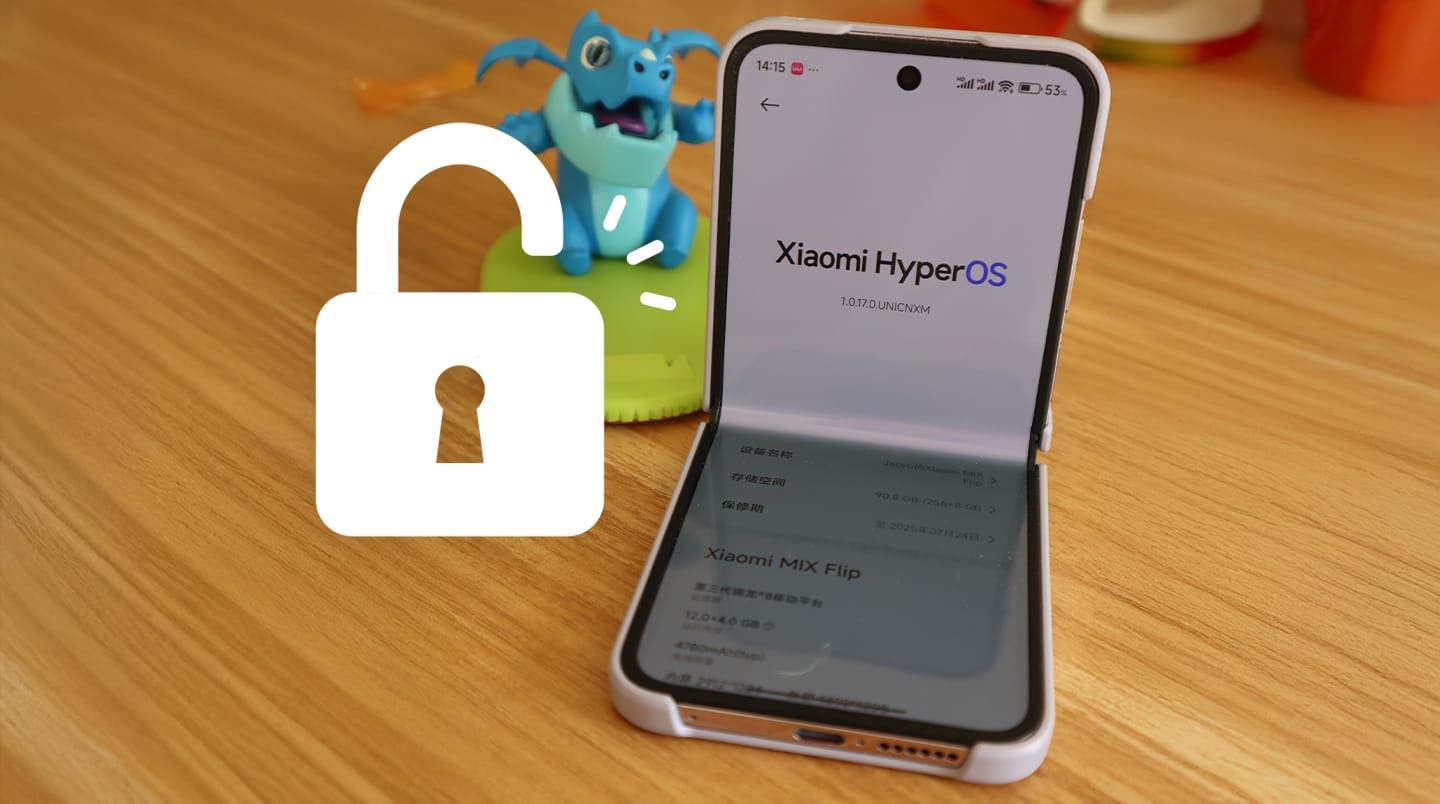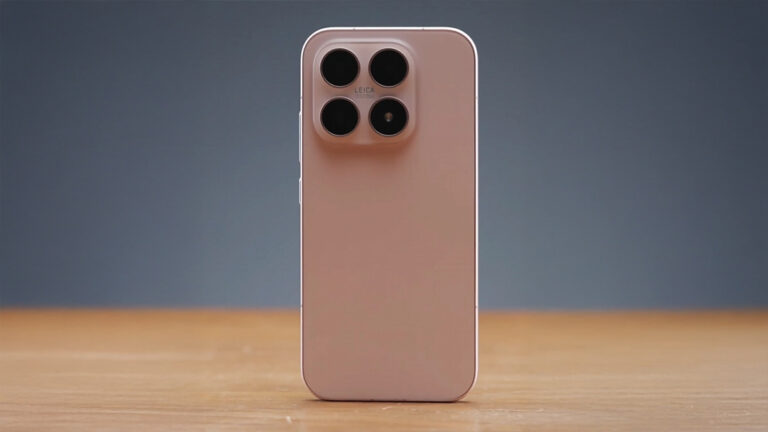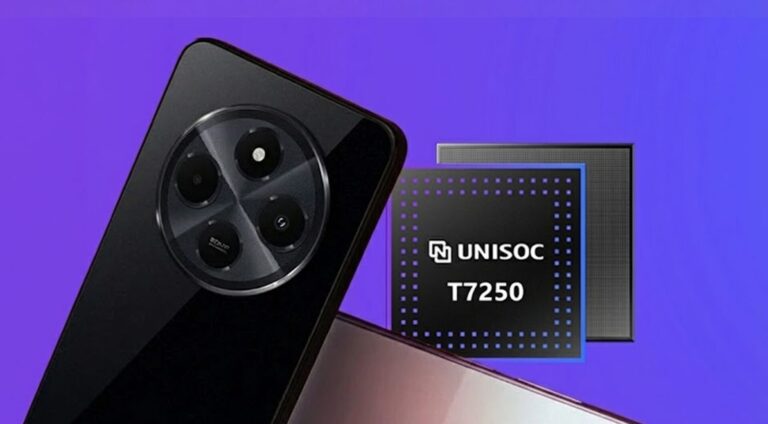There’s been a significant amount of noise circulating online lately about the European Union’s Radio Equipment Directive (RED) and its supposed impact on Android bootloader unlocking. With the RED set to take effect on August 1, 2025, some reports have claimed that this regulatory change will bring an immediate halt to the practice of unlocking bootloaders across Europe. Not surprisingly, these claims have caused concern among both consumers and industry professionals.
It’s important to set the record straight. Insights from Tadi Channel make it clear that this reaction is overstated and, frankly, not aligned with how regulatory changes actually unfold in the EU.
Understanding the Pace of Regulatory Change in the EU
The European Union is not known for sudden or silent regulatory shifts. Even relatively minor changes—think of the recent bottle cap requirements—are communicated and discussed at length before implementation. Bootloader policies are considerably more complex and high-profile. As highlighted by Tadi, regulatory processes in the EU are methodical by nature. The concept of such a sweeping change happening without significant discussion or warning simply does not align with the EU’s highly structured approach.
AI Content Farms and the Risks of Misinformation
It’s worth noting that the initial wave of concern originated not from official EU sources or reputable technology outlets, but from an AI-generated content site. This is a critical distinction. If the RED directive were in fact prohibiting bootloader unlocking, the industry would see clear, well-publicized communications and a gradual rollout of related restrictions—likely starting with network devices, not consumer smartphones.
IMEI Modification and Security Considerations
Tadi’s analysis references several countries where high smartphone taxes led to widespread IMEI modification as a means to bypass import controls. In response, original equipment manufacturers (OEMs) deployed server-signed EFS systems, effectively closing the loophole. This reflects the core intent behind the RED’s cybersecurity provisions: ensuring that end users cannot compromise essential system software or network integrity.
Key Takeaways: No Immediate or Drastic Changes for Android Users
The narrative that the RED directive will “kill” bootloader unlocking overnight is not grounded in reality. EU regulatory changes are implemented gradually and transparently. While tighter firmware and security requirements may emerge over time, there is no evidence to suggest an imminent, sweeping restriction on custom ROMs or user freedoms.
As the RED’s cybersecurity provisions come into effect, stakeholders should expect a measured, predictable evolution in compliance—rather than abrupt, disruptive changes. Staying informed and discerning will help both businesses and consumers navigate this transition effectively.


 Emir Bardakçı
Emir Bardakçı




and you published that A.i originated article without investigation and without any reference. 😐
You have the balls to publish this after publish the exact article?
https://xiaomitime.com/eu-kills-android-bootloader-unlock-starting-august-1-59449/
Serious?
your site is worthless like u
That’s why Samsung removed OEM unlocking on devices receiving the OneUI 8 update precisely to maintain CE certification.